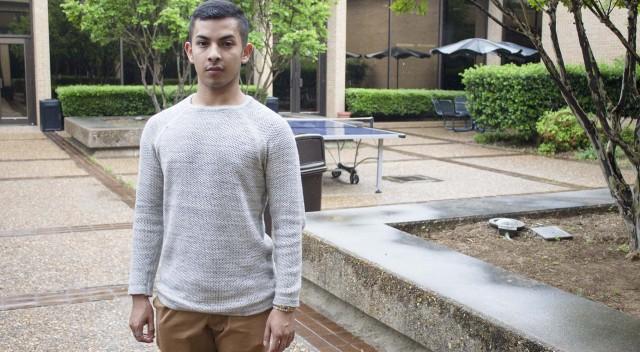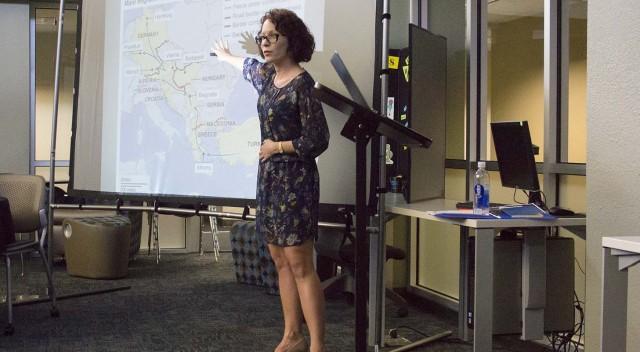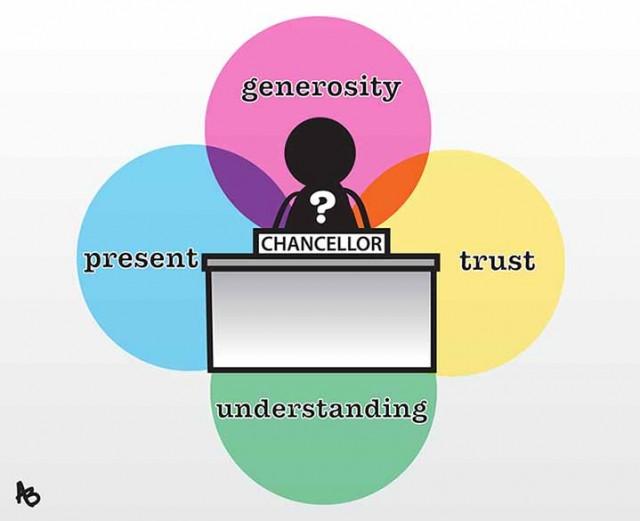By Yueying Zhu/ reporter
SE students learned the emotional aspects of stress March 29 during How To Deal With “The Blues” And “The Butterflies.”
Counselor Carisa Bustillos Givens discussed emotional wellness such as thoughts and feelings like anger, anxiety, depression, hopelessness, loneliness, stress and weirdness.
Some things cannot be avoided, Givens said.
“When you have a problem, you have to make a decision,” she said, “for example, if you are a student and not functioning in your classes.”
Students having problems in class should decide if they need to speak to a professional, Givens said.
“[The brain] is a high-powered tool,” she said. “We have hundreds of millions of neurons connecting, and every experience and everything we learn. That’s always a busy highway, even during our sleep.”
The Wisconsin Hope Center surveyed 4,000 college students in March. More than half said they have some type of mental health concern. The issues ranged from people’s lives such as their studies and relationships to their phones.
A video showed that people were stressed and anxious when away from their smartphones and felt the need to always be connected, Givens said.
SE student Rochelle McCall could relate to the issue of staying connected.
“I found myself checking CNN a lot to keep up what is going on in the world,” she said. “[I was concerned] if something important happened with my friends or family and concerned about if they will reach out to me directly.”
Givens encouraged students to visit www.halfofus.com to deal with the feelings and experiences in the workshop. She also offered some suggestions to solve problems.
“They can try getting out and moving, eating or turning lights on,” she said. “Just push themselves and try rooting for their body.”
Many people go into major depression in the winter, which is a physiological effect, Givens said.
“The light is going to help our moods,” she said. “Because some people’s rooms are very dark, when you wake up, turn the lights on and open the windows. That really does affect you.”
Students can minimize their stresses through good sleep, breakfast, exercise, journal writing and music, Givens said.



























